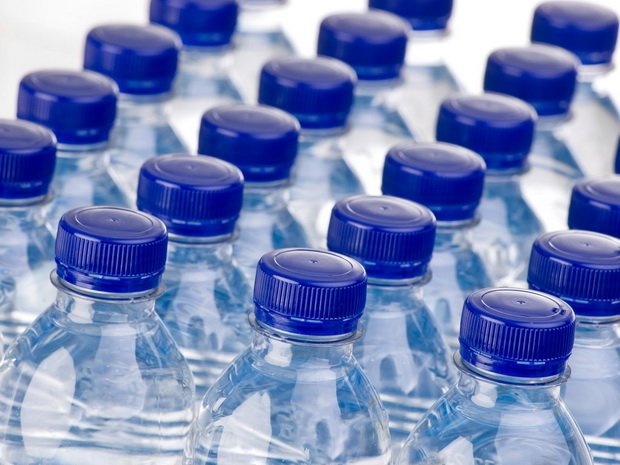In today’s market, choosing the right bottled water can be surprisingly complex. With countless brands, sources, and quality variations, consumers need to be informed about what to look for when making their selection. Understanding the key factors that determine water quality can help you make healthier and more environmentally conscious choices.
Understanding Water Sources
Not all bottled water is created equal. Water sources play a crucial role in determining overall quality and safety. Approximately 70% of bottled water comes from natural springs, while others originate from municipal water supplies or underground wells. When selecting bottled water, look for brands that transparently disclose their water source.
Key considerations include:
- Spring water from protected natural sources
- Purification processes used
- Geographic location of the water source
- Potential environmental contaminants
Water Quality Parameters to Examine
Several critical parameters can help you assess the quality of bottled water:
pH Levels and Mineral Content
The pH level indicates the water’s acidity or alkalinity. Most experts recommend water with a pH between 6.5 and 8.5. Additionally, examine the mineral content, which can contribute to taste and potential health benefits. Total Dissolved Solids (TDS) measurements provide insights into the water’s mineral concentration.
Certification and Safety Standards
Look for bottled water brands that meet rigorous certification standards. The Environmental Protection Agency (EPA) and Food and Drug Administration (FDA) provide guidelines for water quality. Certifications from independent organizations like NSF International offer additional assurance of safety and quality.
Important certifications to look for include:
- EPA compliance certification
- NSF International verification
- Third-party testing documentation
Packaging and Environmental Considerations
Beyond the water itself, packaging plays a significant role in your selection. Consider the following environmental factors:
- BPA-free bottles
- Recyclable packaging materials
- Brands with sustainable production practices
Global statistics reveal that over 480 billion plastic bottles were sold in 2016 alone, highlighting the importance of choosing environmentally responsible options.
Health Benefits and Potential Risks
Potential Health Benefits
Properly sourced and processed bottled water can provide essential hydration and minerals. Some mineral waters offer additional health benefits, including improved mineral intake and potential alkalizing effects.
Potential Health Risks
Despite rigorous standards, bottled water can pose potential risks. Chemical leaching from plastic bottles, microbial contamination, and inconsistent quality control are concerns consumers should be aware of.
Making an Informed Choice
When purchasing bottled water, consider these final recommendations:
- Check the water source and purification method
- Verify third-party certifications
- Examine packaging materials
- Consider environmental impact
- Compare mineral content and pH levels
While bottled water can be convenient, experts increasingly recommend using reusable water bottles with filtered tap water as a more sustainable alternative. This approach can reduce plastic waste and potentially save money in the long term.






